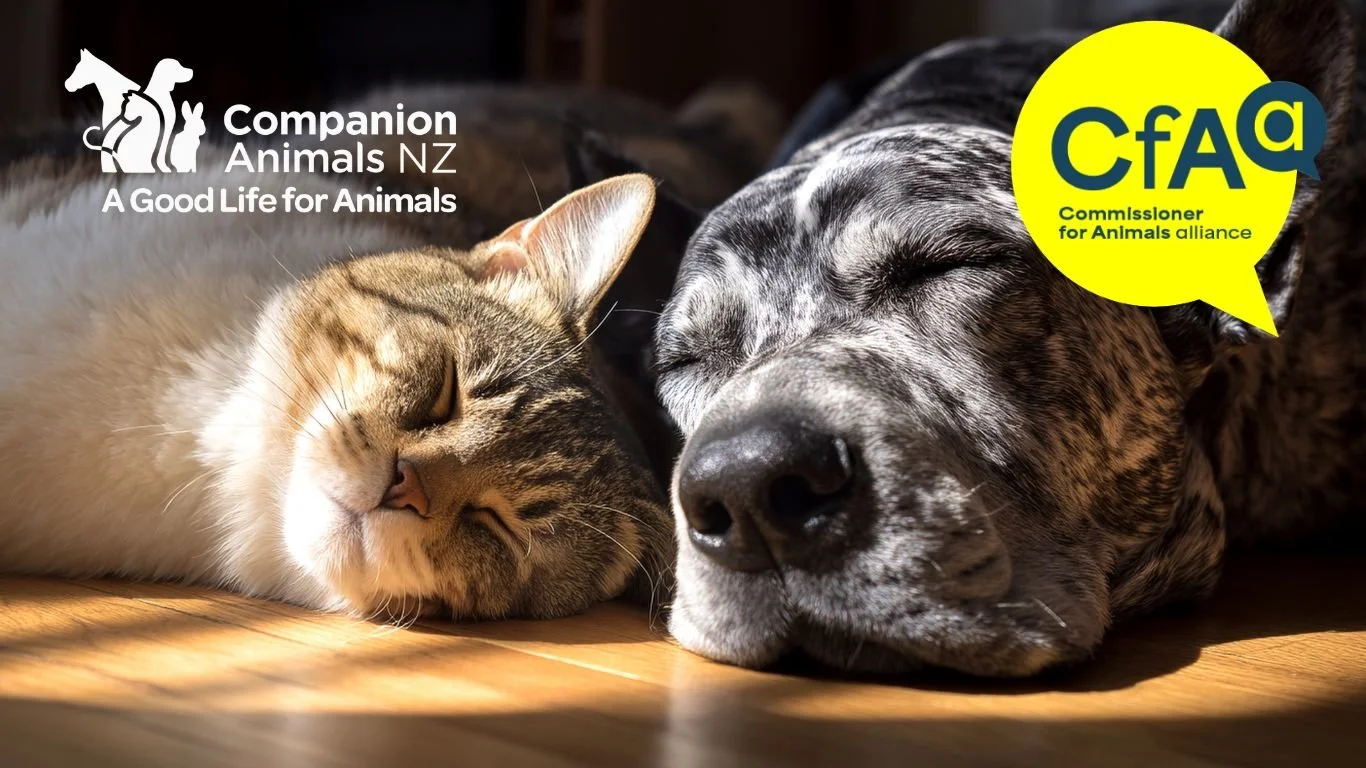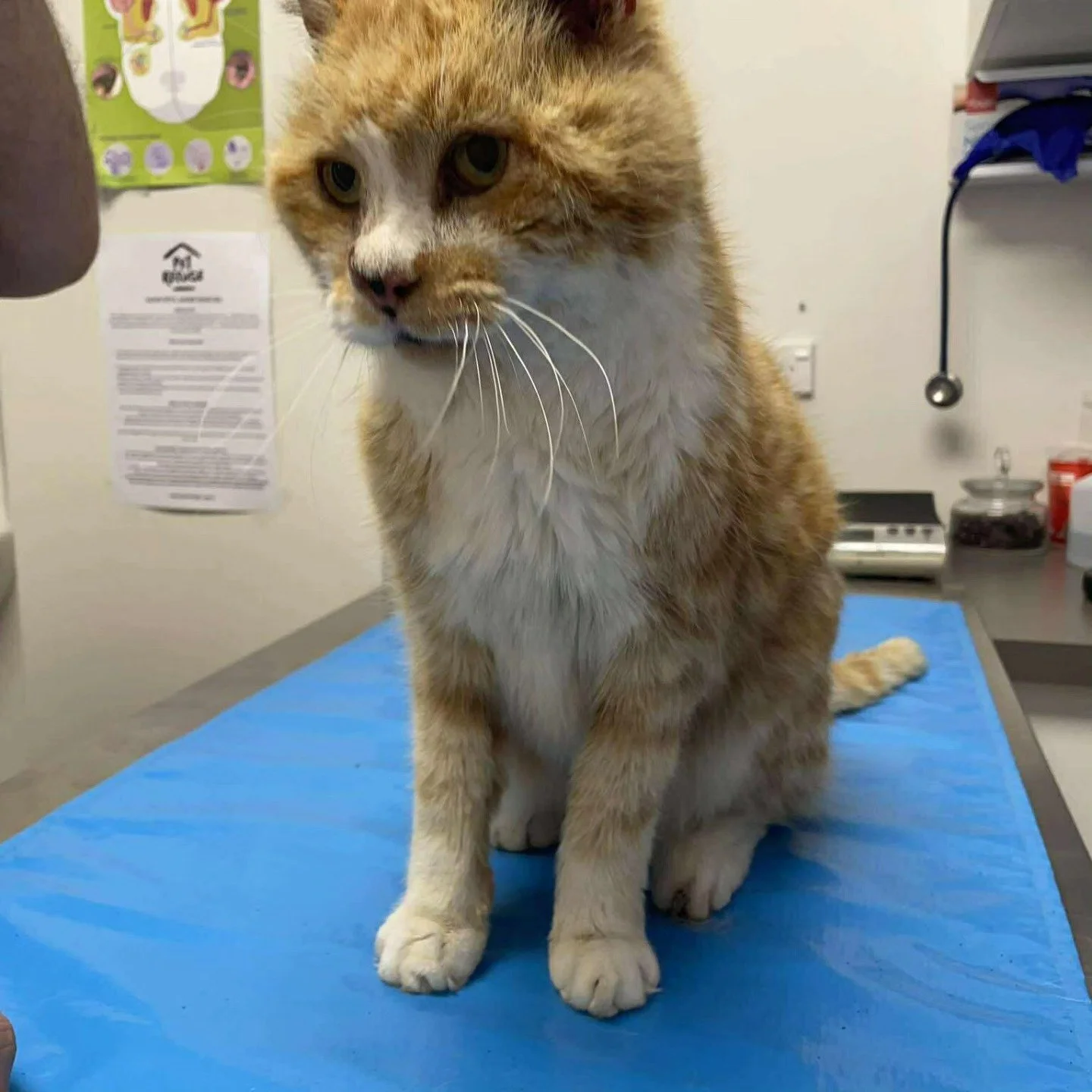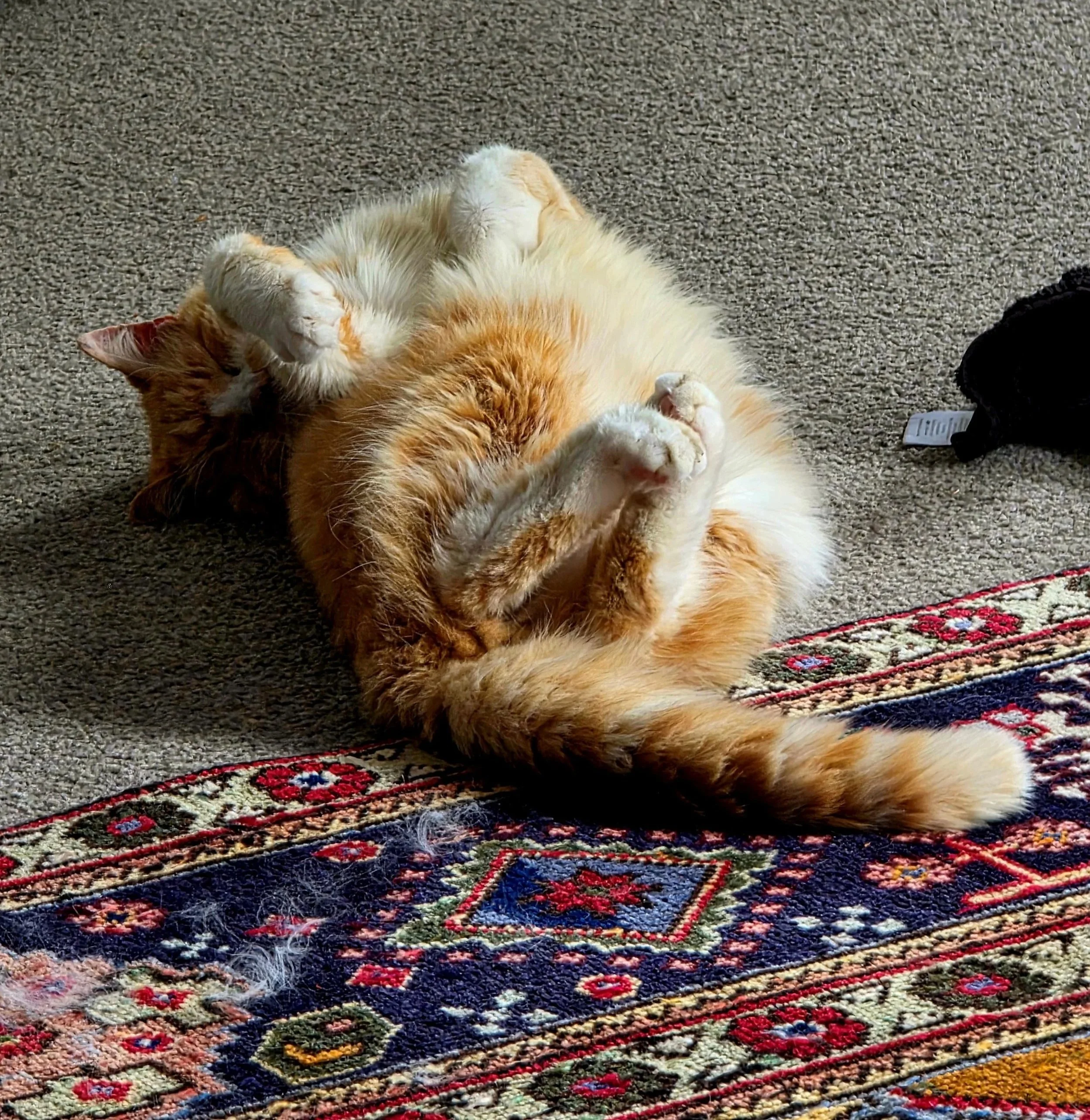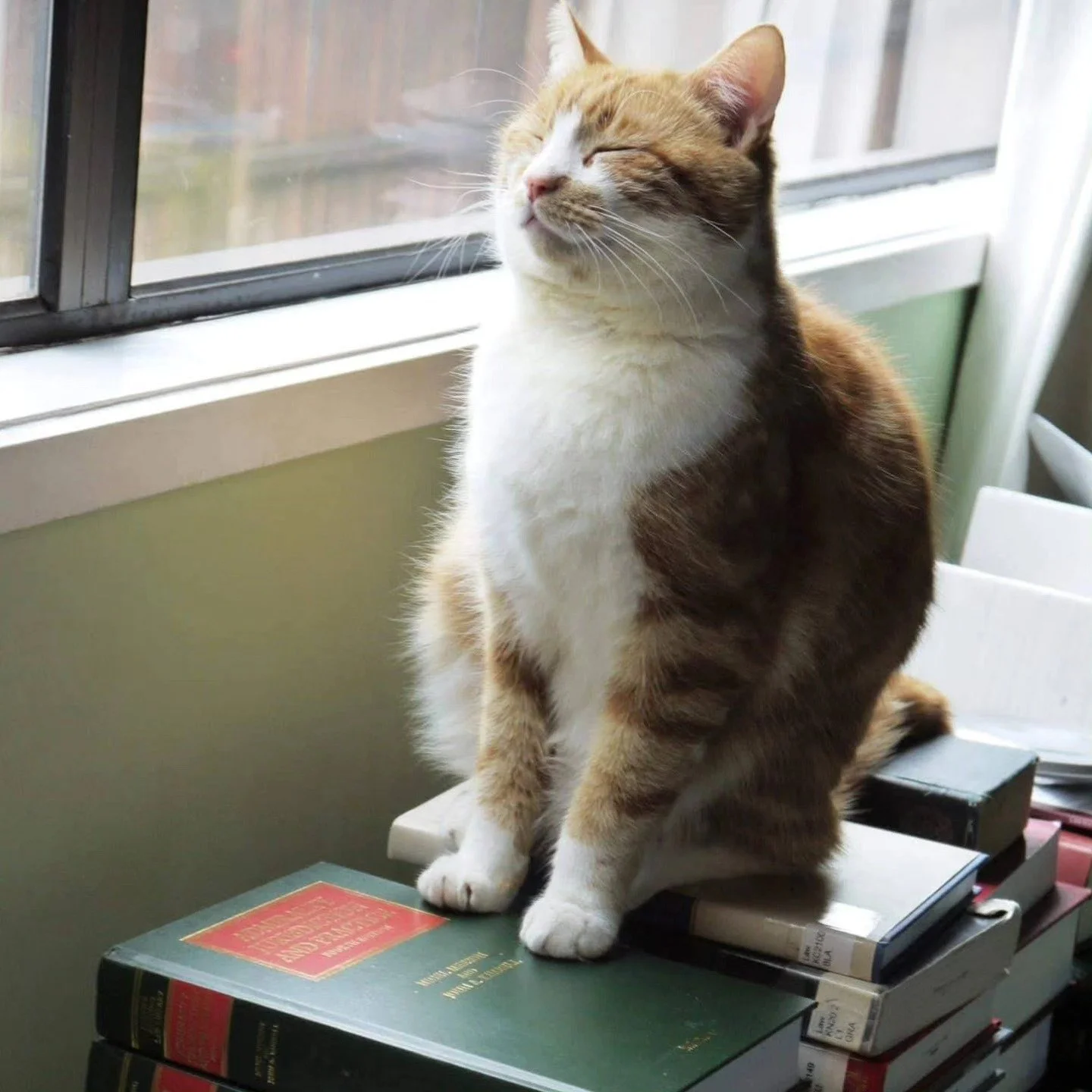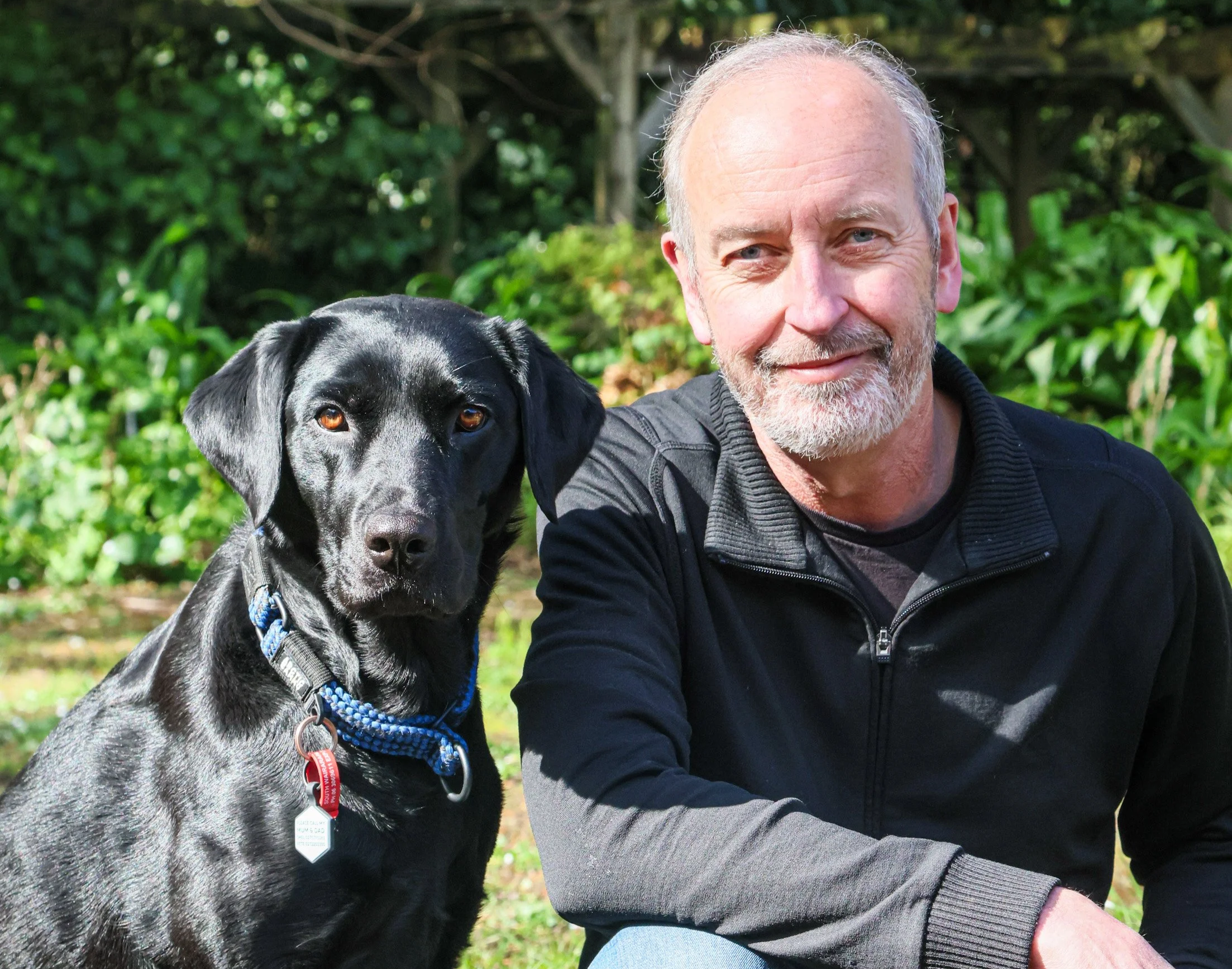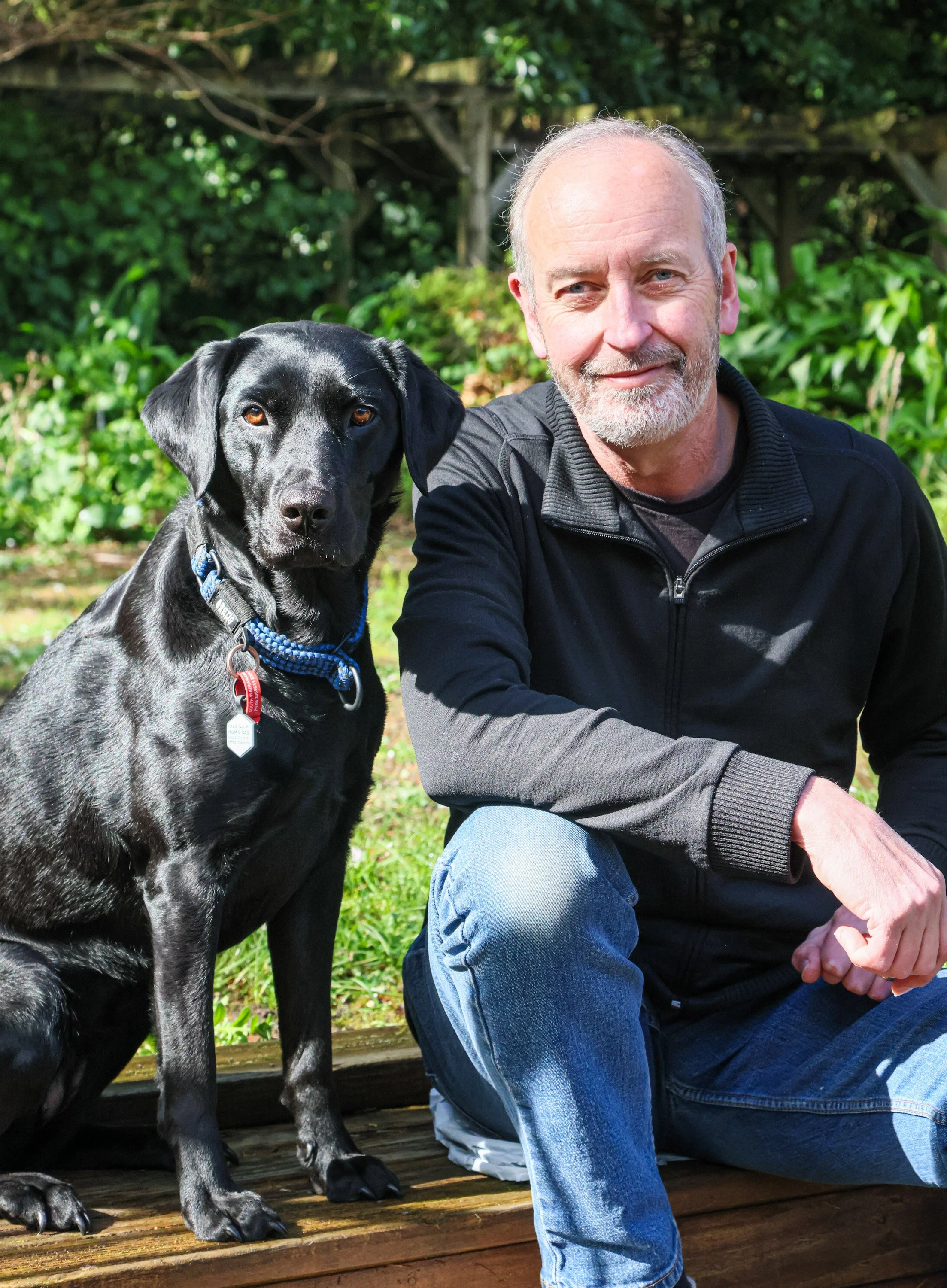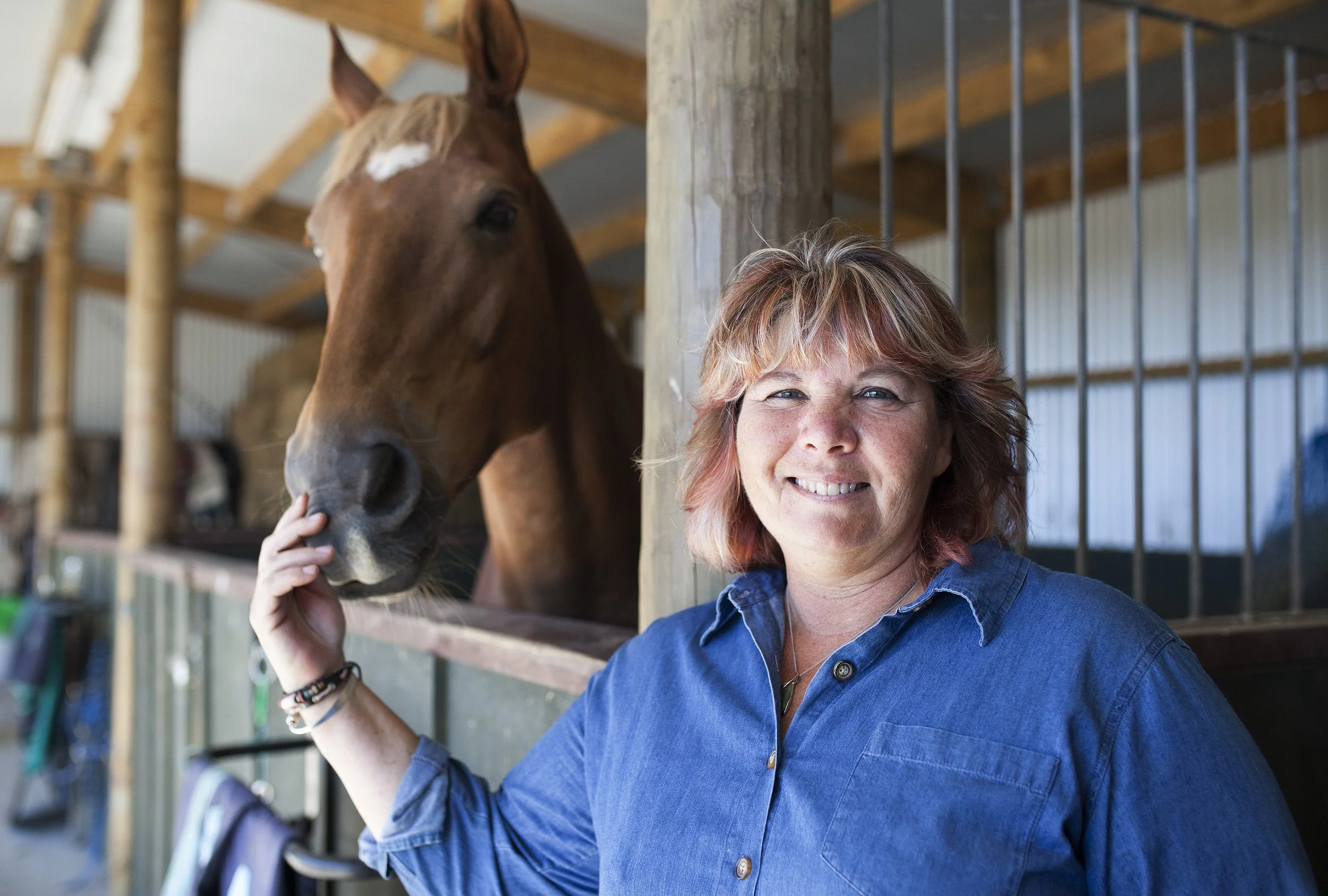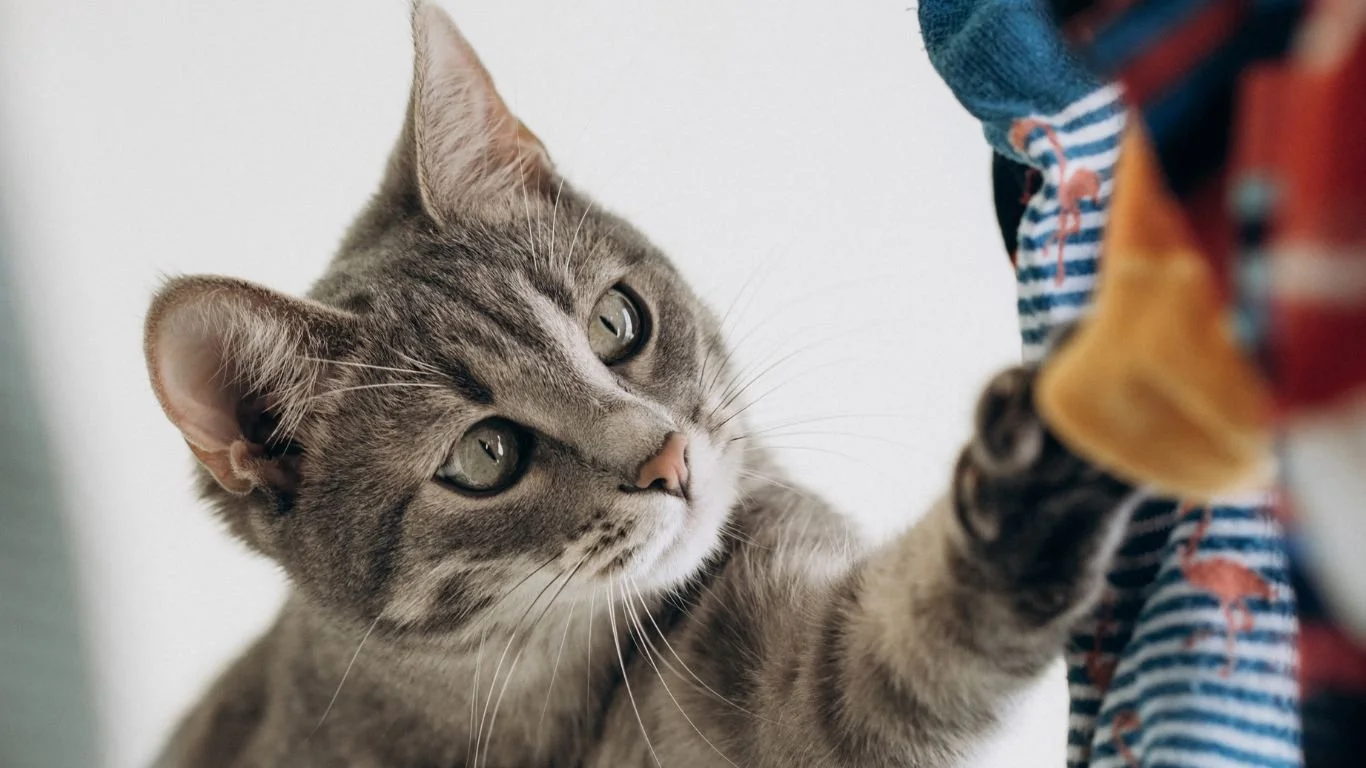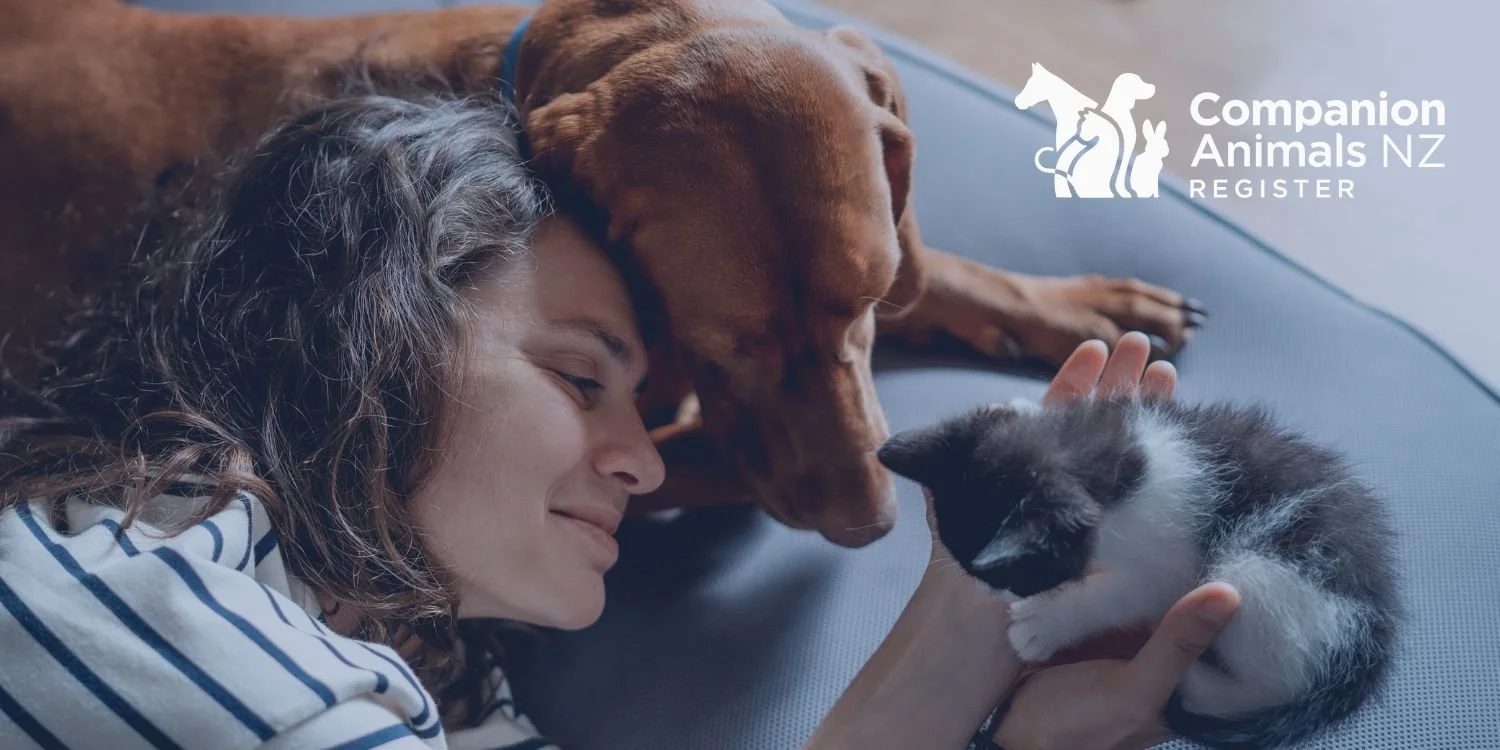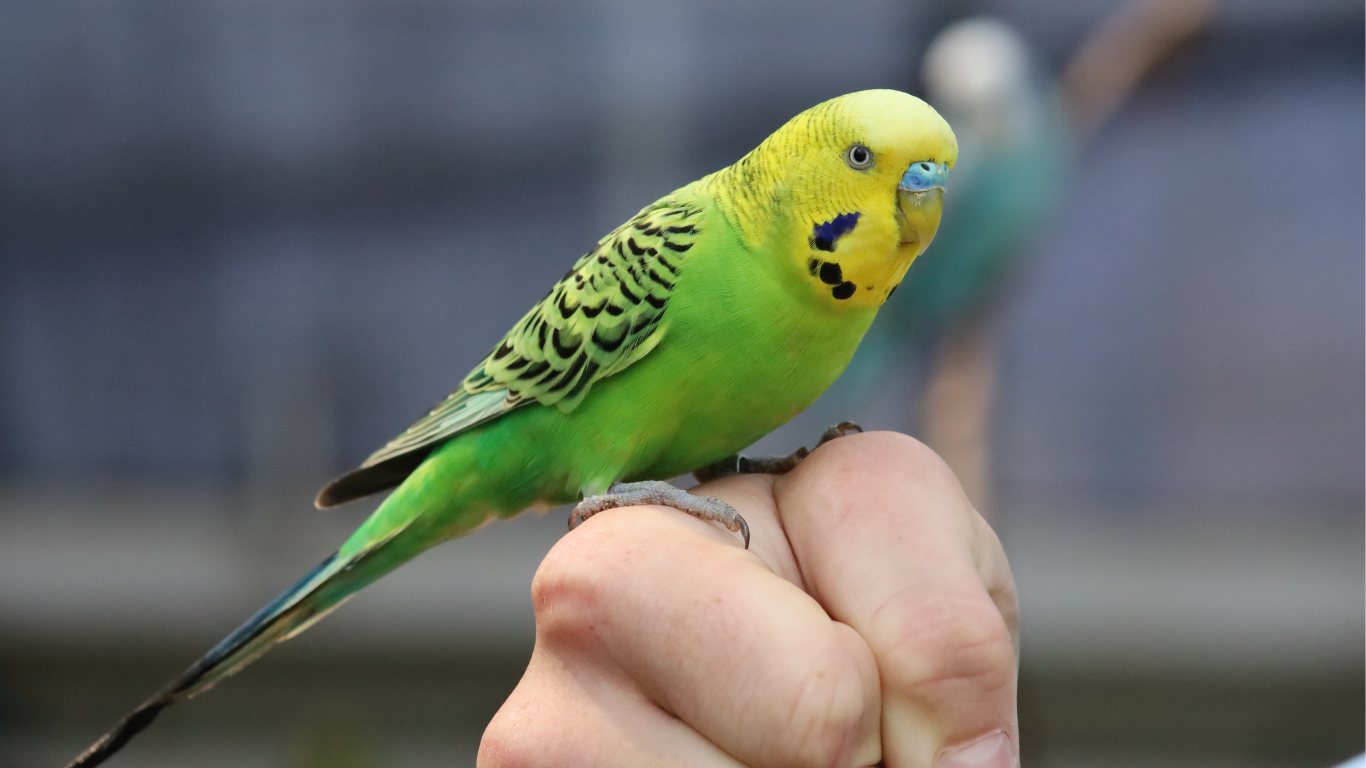Companion Animals New Zealand (CANZ) is proud to have joined the Commissioner for Animals Alliance (CfAA) — a growing coalition calling for independent oversight that puts animals first in Aotearoa New Zealand.
The Alliance is united in its call for the establishment of a Commissioner for Animals, an independent role that would provide fair, impartial oversight of New Zealand’s animal welfare system and ensure the interests and wellbeing of animals are genuinely represented at a parliamentary level.
Why a Commissioner for Animals is needed
New Zealand’s Animal Welfare Act sets an important foundation for the care and protection of animals. On paper, the Act recognises animals as sentient and outlines standards for their treatment. However, in practice, the system is undermined by loopholes, limited oversight, and a lack of consistent enforcement.
With gaps in monitoring, accountability, and implementation, animals can - and do - become victims of cruelty, exploitation, and neglect. Conflicts of interest are widespread, with regulation often heavily influenced by industries that profit from animals. Without truly independent oversight, animal welfare is too easily overshadowed by trade and agricultural interests.
While Aotearoa New Zealand has independent commissioners to represent the interests of children, older people, and the environment, animals currently have no independent representation. A Commissioner for Animals would help address this imbalance.
“Animals can’t speak for themselves, and currently they have no independent representation at a parliamentary level.”
CANZ CEO, Pete Monk, says that a Commissioner for Animals would be a meaningful step toward a fairer, more accountable animal welfare system.
“New Zealand’s Animal Welfare Act provides an important foundation for protecting animals, but without independent oversight it too often falls short in practice,” says Pete. “Animals can’t speak for themselves, and currently they have no independent representation at a parliamentary level. By joining the Commissioner for Animals Alliance, CANZ is standing alongside others calling for fair, impartial oversight that genuinely puts animals first. A Commissioner for Animals would help ensure the law is upheld as intended and support a kinder, more accountable future for animal welfare in Aotearoa New Zealand.”
A unified call for independent oversight
The Commissioner for Animals Alliance brings together more than 20 organisations and advocates who share a common goal: to strengthen animal welfare by ensuring animals have independent representation at the highest level of decision-making.
The Alliance is focused on:
Promoting the Commissioner for Animals campaign as a unified alliance
Cultivating public support for a Commissioner for Animals
Demonstrating both the need for, and support of, a Commissioner for Animals to policy makers.
More than 30,000 people have already signed a petition, sending a clear message that New Zealanders want stronger, more accountable animal welfare protections.
Organisations within the Alliance include SAFE, Animals Aotearoa, HUHA, the Animal Law Association, and many others working across animal welfare, advocacy, and law.
A hopeful path forward
The systemic issues associated with animal welfare require authentic and meaningful solutions. Independent representation for animals would help ensure that their legal protections, interests, welfare, and wellbeing are consistently prioritised.
A Commissioner for Animals would:
Provide independent oversight of New Zealand’s animal welfare framework
Support the government’s commitment to upholding the Animal Welfare Act
Promote public understanding of the Act, its codes of welfare, and associated regulations
Help ensure animal welfare decisions are informed by evidence, transparency, and accountability.
What can you do to help?
1. Sign the petition
Add your voice by signing the Commissioner for Animals petition on the CfAA website.
2. Contact your MP
Talking to your local Member of Parliament is one of the most effective ways to create change. Guidance on how to do this can be found in the “What can I do to help?” section of the CfAA website.

